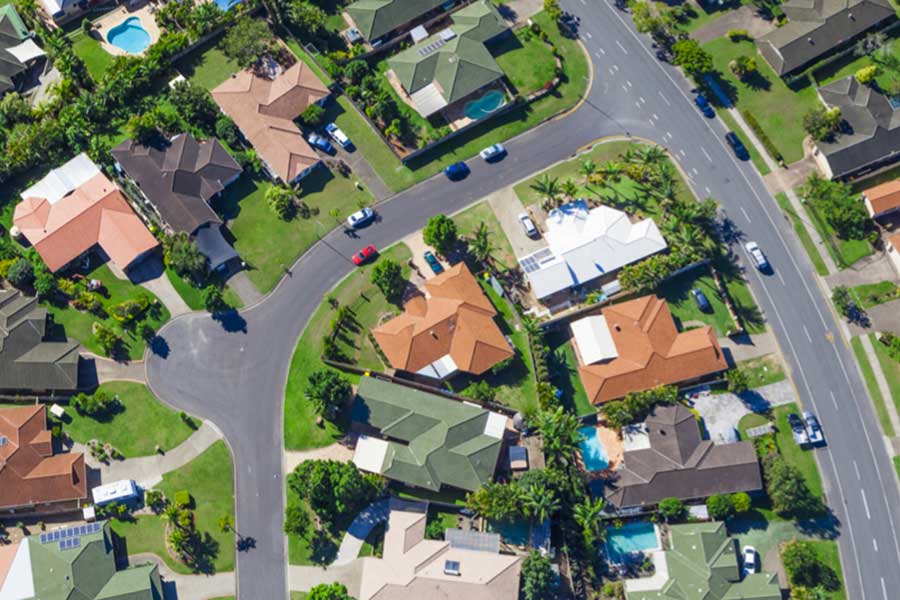How do you combat loss, isolation, loneliness and possibly failing health in your later years? This concern is very real for many older Americans, but for LGBT adults living in the suburbs, it can be especially challenging.
In an effort to address these and other needs, JFCS of Southern New Jersey launched a new group in April called LGBT Aging with Pride. The goal is to offer a welcoming atmosphere for LGBT-identified older adults to come together, share common concerns and build new friendships in Cherry Hill, N.J.
Group members discuss issues unique to the community, including discrimination, lack of LGBT-friendly medical care and the loss of support networks.
While some of the participants are regulars at the William Way LGBT Community Center in Philadelphia, they said they are grateful for a chance to get together closer to home as well. As one participant put it, “I live alone, and for many years I was afraid to go to William Way on a train, but now that these meetings are closer to home, I can meet new friends with whom I can share stories of life experiences.”
Another member said, “An LGBT group for older adults is needed in South Jersey for the important reason that gay seniors are basically ‘invisible.’ In a sense, we’re a diaspora without much in the way of a public presence, and certainly no gathering place.”
Some of the men and women of the Aging with Pride group have been out since they were teenagers, while others were married, with or without children. Some have been in long-term relationships, while others are still grieving the loss of a partner. Several are past or current caregivers to partners and family members.
“Because I take full-time care of my life partner who suffers from dementia and is in a wheelchair,” said one member, “there is little conversation at home anymore. Attending this LGBT group gives me the chance to listen to and talk with gay people, and this reminds me to feel alive again about being gay. Although it is pleasant to chat with straight simpatico friends, it is with our LGBT group that I feel comfortable about sharing memories of gay life before Stonewall.” He continued, “Here are people in my age group, who have come through the AIDS plague, and can tell of their losses and how they survived. Millennial gays may enjoy new freedoms and not care much about gay history, but we are a generation that remembers very vividly living life ‘in the closet.’”
Loneliness and the need for socialization are popular themes in the group. While some might like to date again, most hope to find other people with whom they can share dinner or a movie, or just hang out. In an age of texting and living life online, everyone expressed regret over the demise of personal contact, saying that the phone does not ring anymore. None of the participants felt that the bar scene was one that they wanted to revisit. The participants are active, some working part-time, others doing volunteer work, or pursuing travel or hobbies. The need to connect with others who understand them remains great.
What I hope is that this group will grow and expand and help to rebuild a sense of community for individuals later in life. Getting older is hard enough for anyone in America, but it is especially challenging for people who identify as LGBT. One member said, “In gay society, the elderly are not regarded highly.” Many in the LGBT older community may not have offspring and may not have nuclear families, or they may have families, but are estranged from them. Left alone to cope with the problems of their later years, groups such as LGBT Aging with Pride can offer a sense of belonging and support. One attendee shared that it brought exactly that to him.
“I felt so good when I left; it really felt like family,” he said.
Reva Farenback-Brateman, MSW, CDP, is a geriatric case manager at Jewish Family & Children’s Service of Southern New Jersey and the facilitator of the LGBT Aging with Pride group.
LGBT Aging with Pride is sponsored by the Timothy Rice Estate and Elder Law Firm (TREEL). The group is open to individuals age 60 and over who identify as LGBT. It meets monthly and is free to attend. For more information, please contact Reva at (856) 424-1333, ext. 1184 or by email at rfbrateman@jfedsnj.org

